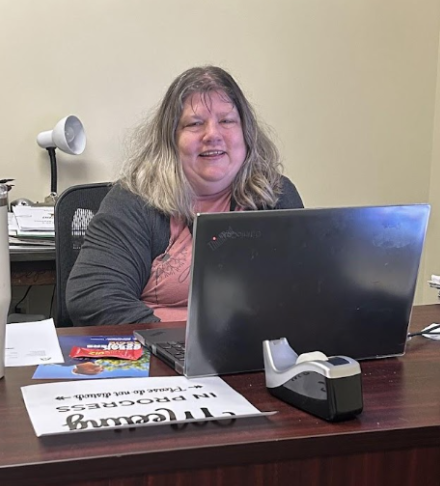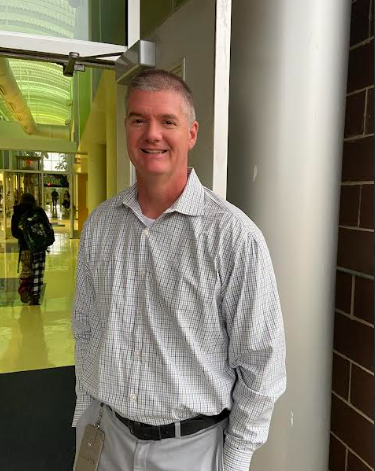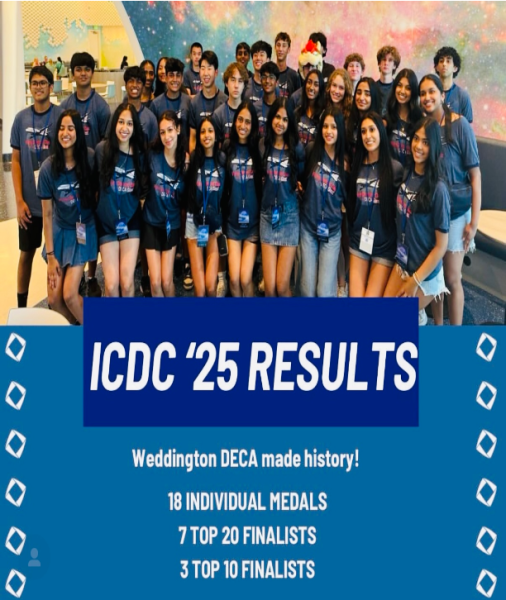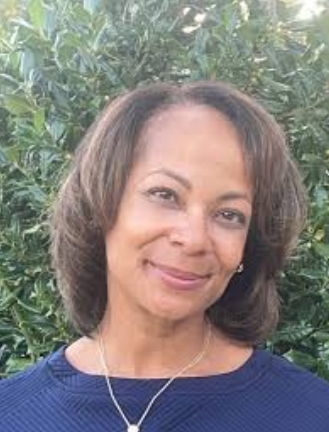Exam Woes
Another semester has come and gone, and we find ourselves looking back on one of the most important (however displeasing) times of the year: exam week. There is no doubt that students hold mixed feelings–their grades are on the line and anxiety spreading like the flu–especially considering the complications and extensiveness of the process. Every school system endures end-of-course testing, but certain traits of our process contrast with other counties and states. These include restrictive qualifications for exam exemptions, review periods, and exams being a week-long event. In other words, we stand out. Considering these ideas, one wonders how the students of Weddington high school feel about the most stressful week of the year, and their suggestions for improvement.
One of the first problems that seems to arise with exams is not necessarily the exams themselves, but the exemptions. According to UCPS exemption policy this year, students must have an A and two unexcused absences or a B and one unexcused absence in order to qualify. The policy has often seemed to change or leave students unclear until mere weeks before the exams themselves. This can be highly problematic, seeing that this gives students no time to coordinate their grades to the number of unexcused absences they have, or vice versa. However for senior Brianna Randazzo, this year’s exemption policy came as no surprise. “I heard rumors about it changing towards the beginning of the year, so I just looked it up online.” The information is definitely available, but many students did not know this and were caught off guard when it was presented to students a week before exams. Students have been found handing in last-minute notes in attempts to excuse their absences before exams, giving us a clue into how much urgency students put into attendance in classes with exemptable exams.
Some students, such as Sarah Dent, find the policy too harsh on absences, proposing that “if you have a lot of absences in a class but you still have an A, you obviously know what you are doing and should be able to exempt it.” Then again, attendance is a crucial factor to many college courses, and the school board pushes schools to have high attendance rates, potentially giving motive for the absence-restrictive policy. This does not explain the uncertainty of the policy, but overall an increase in communications between administration and students could help to solve both issues.
Another peculiarity of UCPS exams are the review periods. This year only being required for students with a C in the class or below, the policy had originally required students with a mandatory exam to attend. This news, given to students mid-way through the week before exams, has caused a general relief. Even in classes with state exams, review periods are often disregarded as anything but an unnecessary extension of exam week. “We don’t do anything in the reviews anyways,” Sophia Halmy says, expressing her disdain and receiving several nods of approval from surrounding students. It’s no surprise that students would not want to attend in the first place, seeing that it keeps them in school after an exam for about three more hours, double normal class time.
Some students, like sophomore Mason Grant, think they are completely necessary, just lacking in a few areas. “I think we need them, but they need more structure and discipline,” he explained, continuing to even suggest “a whole school day for one class’s review.” With this in mind, the student body seems to be split on the topic, with some seeing them necessary while others seeing it as time-consuming and unhelpful.
Throughout conversation with students, most concern and disapproval seems to lie within dates of exams as a whole. Consuming an entire week and starting only one week after students return from Winter Break, many points of issue have arisen for these reasons. Students such as Jackson McClain wish exams to be held “before break, because you forget everything during it.” Piggybacking off of his statement, another senior student added that when there are “two weeks without classes, it’s hard to remember things, especially in classes like math. It just makes more sense for it to be before than after.” This problem can easily be traced back to a bill passed in the State Legislative Assembly in 2012 (Senate Bill 187,) changing the dates for starting and completing the public school year, thus adjusting the midway point for semester exams along with it. This makes change to the current schedule more difficult, but another suggestion given by students appears more flexible: condensing exams into a shorter period of time. One student suggests that “we should do two exams a day, just to get it over with.” This change would make Weddington function more similarly in comparison to other states and counties, who often have no review periods and put exams on a two-day two-exam schedule.
There is no doubt that students dislike taking exams, but certain aspects of the protocol and planning for Weddington’s cause more discontent. Comparing ourselves to other schools and states, we are able to find new ideas for how to make exams better for both students and teachers, keeping the process efficient and short-lived. With much of it out of student’s control, one can hope that those who set these policies will reform and adapt plans for end-of-semester exams, for everyone’s benefit.









